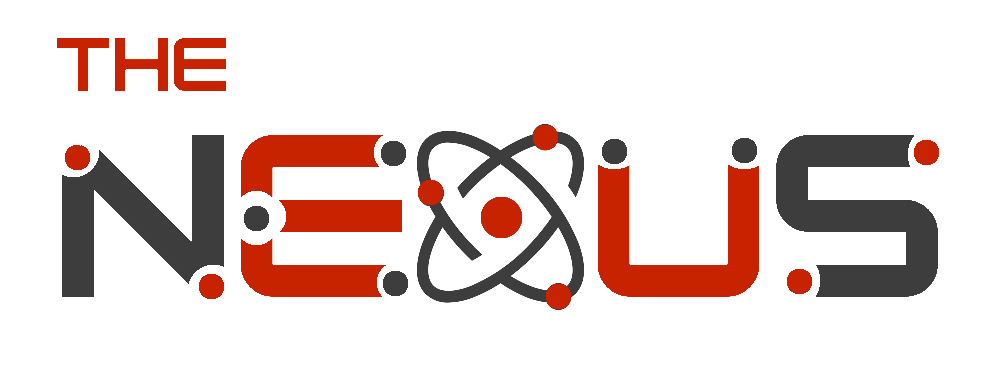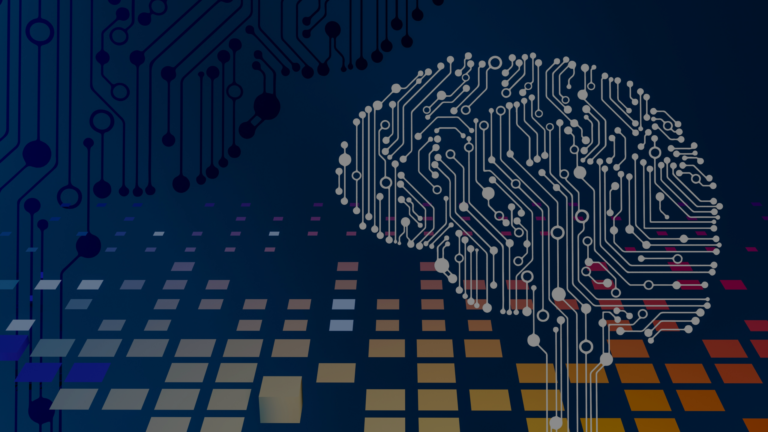.
We’ve heard the news, Artificial Intelligence (AI) is going to soon sweep the business market and leave players stuck in their old ways with a devastating disadvantage. If you’re already gained the curve of the power of AI that comes with machine learning and deep learning mechanisms to better business operations, then you’re in the ballpark. However, with these advancements comes the critical need to balance innovation with ethical responsibility. To ensure AI strikes a balance between risk and reward, several key factors must be addressed.
The power of AI comes with substantial responsiblity. The data AI receives from open sources cannot be retracted, changed or extracted, and AI lacks intrinsic judgment of its own. Consequently they can perpetuate and even amplify biases present in the data. Fairness and bias mitigation are issues when making AI tools that deal with unrepresented data and diversity. AI systems trained on unrepresentative or biased data can perpetuate and even exacerbate existing inequalities. In the recent example of Apple’s AI facial recognition software, it has been found to be less accurate in recognizing people of darker skin tones due to biased training data.
AI Generated Image
To counteract bias, it’s crucial to involve diverse teams in AI development. Different perspectives can help identify and mitigate biases, ensuring that AI tools do not reinforce existing inequalities but instead promote fairness.
To begin letting AI make decisions based on your needs, it’s logical for users and stakeholders to understand the mechanical process of how AI makes decisions. Transparency in AI systems is crucial for building trust and accountability, especially in a digital world that can be served with spaghetti code. Technical documentation is a great practice for AI software with a step forward towards transperency. This includes clear explanations of model design, describing the architecture and algorithms used in AI systems and detailing how inputs are processed to generate outputs. Documentation should also cover data sources, explaining the origins, composition, and preprocessing steps of the training and testing datasets.
As AI systems handle increasingly sensitive and personal data, ensuring privacy and security is paramount. More iconic and common is the internet website agreement of “Accept cookies” or just “cookies”. Although disappointingly not real cookies, these are small text files that websites send to your browser when you visit them. Sent as a first-party or third date to your browser, these can collect your data about your browsing habits, interactions and actions. These notices inform users of data collection and seek implicit consent. Allowing opt-out options so the user has control over their personal data and can withdraw consent any time. Protecting data and trust of customers by prioritizing privacy and security are essential for ethical AI development. In terms of protecting data privacy, encryption is a clever way of protecting data, even if it’s intercepted or accessed without authorization, it remains unreadable by possible cyberware attacks. A gradual, carefully planned approach to AI access and usage can minimize data risk.
At Development Den we balance innovation with responsibility. The power of AI is seemingly limitless and while it can significantly empower your business, careful preparation is critical to avoid exposing or creating weaknesses. Our services in technical documentation and AI modeling provide the building blocks for ethical AI practices by prioritizing fairness, transparency, privacy and security.
For more information, you are welcome to refer to these websites:
- https://www.zendesk.com/blog/ai-transparency/
- https://www2.deloitte.com/content/dam/Deloitte/nl/Documents/innovatie/deloitte-nl-innovation-bringing-transparency-and-ethics-into-ai.pdf
- https://www.itic.org/documents/artificial-intelligence/ITIsPolicyPrinciplesforEnablingTransparencyofAISystems2022.pdf
- https://policyreview.info/concepts/transparency-artificial-intelligence





